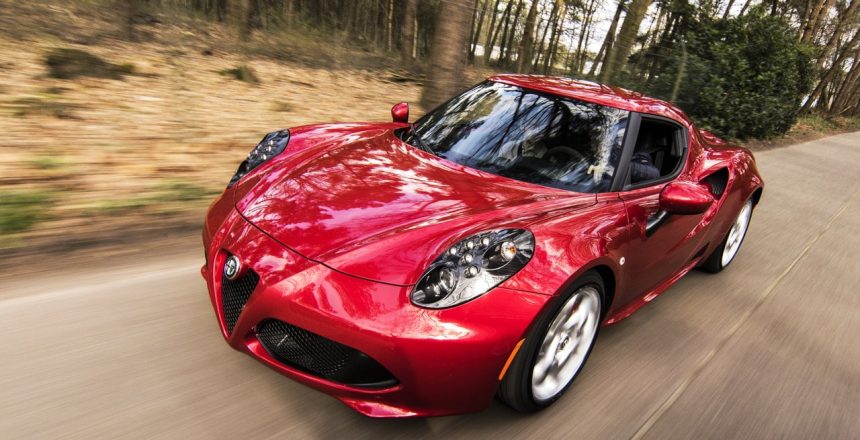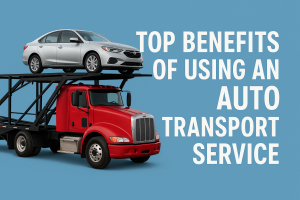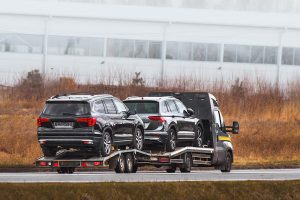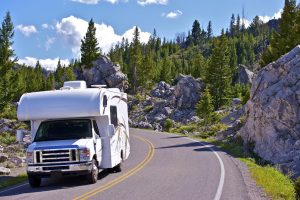If you have always bought your cars in the past, but you are wondering if you should try a lease this time around, you might have a lot of questions. Both buying and leasing can be great options depending on your own unique situation. There are advantages to both options that might benefit you and your situation.
If you want to own your car, leasing will probably not be the right choice for you, but there are many other aspects of buying and leasing that are quite similar after this consideration is removed. Likewise, If you are not sure which might be the right choice, you need to consider some key factors.
If you want to learn more about the difference between leasing and buying your next car, read on!
What is Leasing?
One of the first things that we need to define is what leasing actually is. When you lease a car, you are financing the cost of the car for a certain period of time or for a set number of miles. You will make monthly payments to the dealership for the vehicle in exchange for the use of the car. At the end of the term of the lease, you can choose to buy the car or end the lease. You can also choose to get a new car if you want.
Leasing offers you the chance to save some money and get a car that you might not otherwise select. This can be a great choice if you do not drive very many miles every month. Also, you might want a new kind of car without wanting to pay the total loan amount of the car. You will need a high credit score and a low debt to income ratio to be approved for a lease.
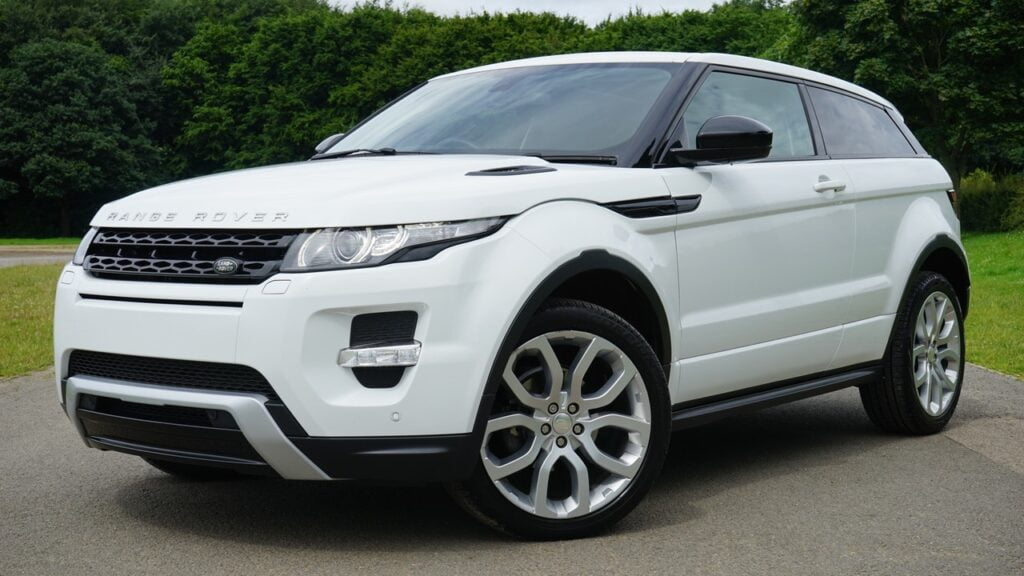
Deciding Between Leasing and Buying Your Next Car
Leasing and buying are not that different in some ways. There’ll always be considerations you need to think about when choosing between these two options for your needs. Nonetheless, they can both be good choices depending on your unique situation.
1. How Much Can You Afford For a Lease or Purchase Payment?
This is where a lease really shines. If you want to drive an exotic car or an expensive car without having to make a steep monthly payment every month, a lease can be a great choice for your needs. You will find that leases are usually much less expensive over the course of the term of the lease than making payments on a car that you are eventually going to own.
This is one of the key features of a lease that can be very attractive to some people. You can use a spendy vehicle for a low monthly cost and not worry about having to pay off the entire cost of the car.
2. Excellent Warranty Coverage
One features of a lease that’s fascinating is the superior quality of warranties that are often offered on a lease. Dealerships cannot be sure you’ll keep the leased car and pay it off after the end of the lease. Therefore, they want to be sure that the car is in great condition at all times.
This means that you will have access to excellent warranties when you are leasing a car that you might not be able to gain access to when you are trying to pay off a car that you are buying. This can be a great benefit if you want to make sure that you can afford to use an expensive car that would require spendy fixes out of warranty.
3. Do You Want to Buy the Car Instead of Leasing It?
If you intend to own the car at the end of the payment period you have signed up for, You need to look at buying the car instead of leasing it. Although you can buy out the lease when it ends, you can finance the remainder to buy the car. However, you might have a much higher payment to take care of when you start owning the leased car.
Buying your car often offers you the best lifetime return value on the vehicle, but if you are looking into an exotic or another kind of car that will lose a lot of value very quickly, buying might still be a bad choice for your needs.
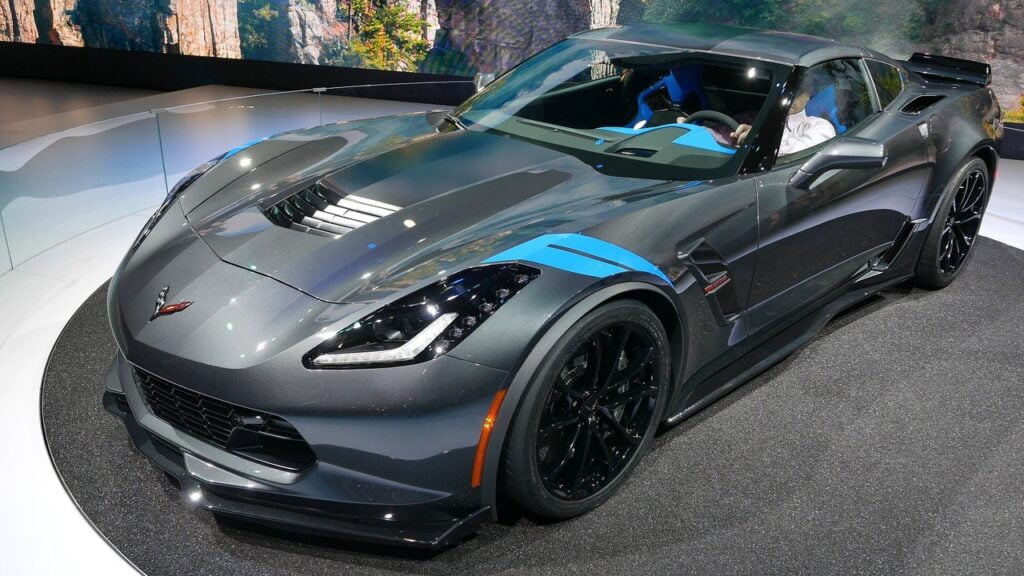
4. Do you Want to Make Changes to the Vehicle?
Leased cars have to be returned to the dealership in the condition it was at the start of the lease. You cannot make changes or modifications to the car without breaking your lease. This means that you cannot add new interior options. Also, you cannot change out tires or make any other cosmetic alterations while you have the vehicle on lease.
If you want to make cosmetic changes or alter the engine or other parts of your car, you will need to buy it and not lease it. After you buy out your lease you can make any changes that you would like. However, before then, your hands are tied.
5. Do you Want To Pay For Auto Transport?
If you don’t want to have to pay for auto transport, you might not want to buy your next car. Buying often means that you will need to bring the car of your choice to your location, especially with online shopping in the mix. When you lease, you will need to be located near the dealership. This is so that warranty work and all checks can be done at the dealership you are leasing from.
If you can afford to pay for an auto transport company, you will want to consider if leasing is worth it for your needs. However, you should always be certain that you can secure a quality auto transport company to bring your new car to your location if you are going to buy outside of your local area. You might find that you can find a better lease option locally for your needs if you live in a remote location that many auto transport companies do not service.
6. Do you Want to Get a New Car Every Few Years?
If you want to have a new car every few years, leasing is the right choice for you. Leases allow you to use a car for a while and then trade it in when the lease ends. This means that you can drive a vast array of different cars over the years due to the freedom to trade in the car that you are leasing at the end of each leasing period.
For people who like to own their own car, this will likely not be a big consideration. However, a lease allows you to trade your car for a new car when your lease ends. You can also trade your car for another when you get bored with your vehicle. Some dealerships will also offer lease incentives for new cars that they are bringing onto the lot. This means that you can get an even better deal on a new lease.
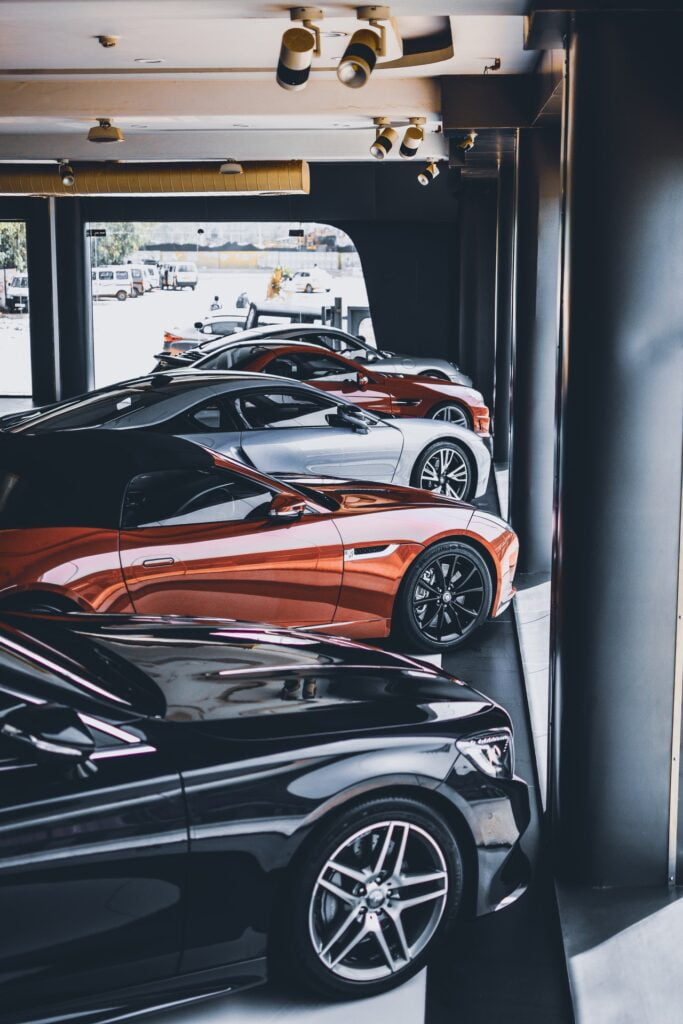
7. Do you Want to Resell Your Car?
If you want to be able to resell your car, you do not want to get involved in a lease. For those whose main goal is to pay off their car and sell for cash before getting a new car, a lease will never serve your needs like buying a car will.
While you can choose to buy your leased car at the end of the lease, you will have to wait out the loan repayment part of the process first before you can sell. You have likely not made much money to pay the actual cost of the car during the lease period. Therefore, your time investing in the new loan can hinder your ability to sell your car in the future.
8. Think About How Much Your Drive When Deciding Between Purchasing and Leasing
Most leases come with built-in mileage limits. If you reach the mileage limit ahead of the end of the lease period, your lease will end. This can be a big stumbling block for leasing a car if you drive many miles to work. This can also be a stumbling block for leasing a car if you like to take road trips always. Many people are shocked at how much their daily mileage adds up just for driving to and from work!
If you are not sure if you drive too much to take on a lease, find out what the approximate mileage limit will be on the leased car that you are interested in. You will need to figure out the mileage that you drive in a day heading to work or running errands. If you figure out how much mileage you drive in a year, you will know if the lease limitations are going to work out for you or not.
Overall, if you drive a lot, a lease will not be a good option for your needs.
9. Do you Have Money for a Down Payment?
Financing a car can be really easy if you have money saved up for a down payment. Furthermore, it can be really easy if you have a car to trade in on this new purchase. In cases where you have a good down payment on hand, you can get a really good deal and a low payment for your car purchase.
However, if you don’t have any saved money for a down payment, or you do not have a car to trade in, a lease might be a better choice for your needs. Leases will get you into a car at a much lower payment than what you might have to pay if you are buying without any cash down or a trade-in. it is important to note that you can buy a practical car without cash down. However, an exotic or high-dollar car will be tough to afford without any cash or other monetary investment.
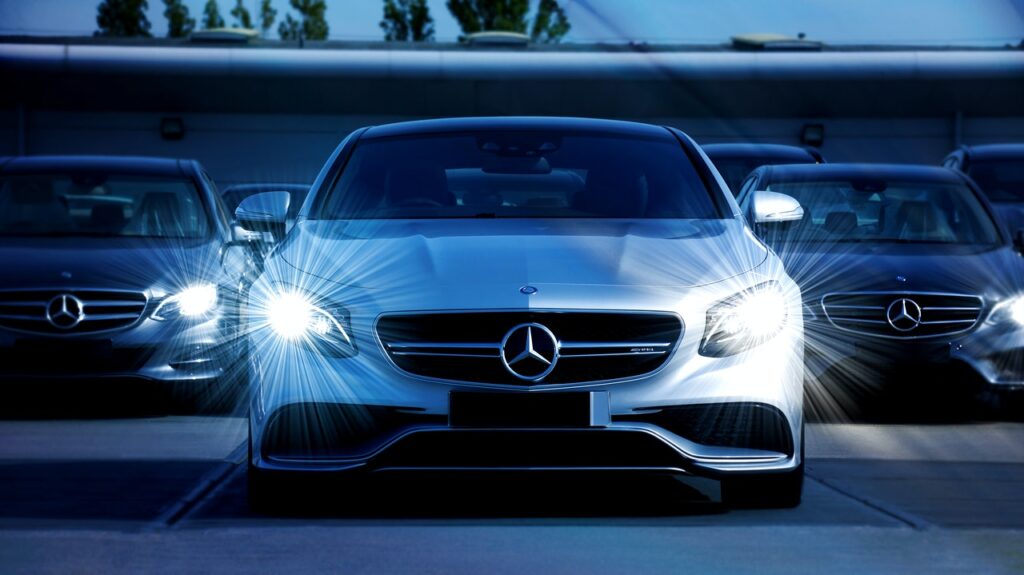
10. Are you Fine With Paying Leasing Fees?
Many people are not aware that there are leasing fees that are part of your lease process. You will need to pay an acquisition fee which covers the administrative costs of the lease for the dealership. Additionally, you’ll also need to pay a security deposit which is the amount of one full month of leasing cost. You will also pay an early termination fee if you end the lease early.
When you turn your leased car back in, you will be charged a disposition fee which covers the cost of cleaning and selling the leased car at the end of your lease period. If you don’t like the idea of paying these fees, you’ll need to buy your next car rather than rent. These are not usually steep fees. Nonetheless, for some people, it’s a frustrating set of costs just to rent a car for a period.
Leasing is Right for Some People While Purchases Are Perfect for Others
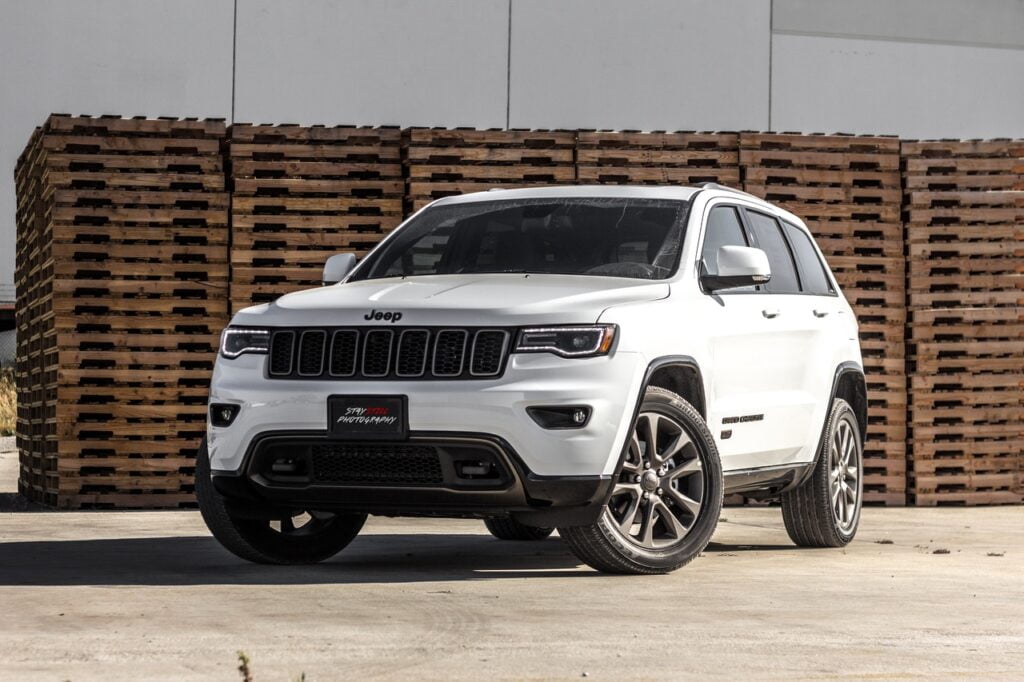
This list of lease and purchase benefits should help you to determine which kind of process is the best fit for your needs when you are looking for your next car. If you are still not sure which is the right process for you, you can head to a dealership and talk with a salesperson about the leasing arrangements or deals that they have on offer. Sometimes these leases will be such a good deal that you will be convinced to try a lease.
Always remember that buying a car offers you the best long-term return on your invested value. You should pick and choose between these two options with an eye to your future goals for your car ownership needs.
Leasing might be perfect for you and a completely wrong decision for someone else. Always consider what your long-term financial goals are before you buy or lease your next car.
